🚀 Can you ship a full game in just a few months?

I have a fantasy.
In this fantasy, I start working on a new game, but then – just 1 month later – it's done. Shipped, on Steam, and for sale.
Is that possible? Can you ship a game in just one month or two?
I think about this a lot, perhaps because I've been working on Pixel Washer for so long. The first commit was (checks notes) 2 years and 1 month ago (!!) AND this was supposed to be a "small game" that I "shipped quickly" for once.
Funny how that never works out.
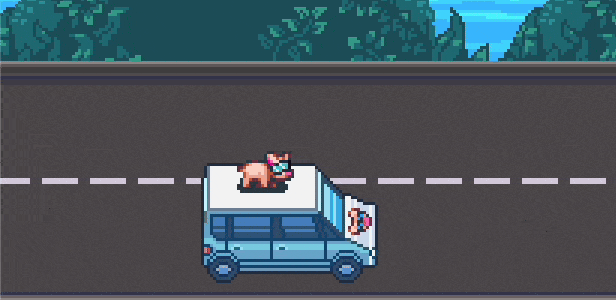
📆 How could we ship super fast?
If we want to ship a game in just a few months, we're definitely not going to make a big game. So let's just put that out of our minds.
We're going to have to make a small game. So how do we do that?
Here's a video called Small games win big, here's how to make them from BiteMe Games. Here are my favorite points from the video:
- Focus on one core game mechanic
- Add just one big new feature (or hook)
- Avoid game ideas where multiple systems have to come together to "click"
- Skip playtesting (at least, that's what I took away)
They also advise a couple of points which you may already be doing: self-publish and use a small team (or go solo). Even signing with a publisher can take several months, blowing way past the goal of shipping a game in less time than that.
So if you're trying this approach, you should probably plan to publish it yourself.

Lastly, they recommend for you to accept that your game won't be perfect. In my opinion this is solid advice for any game project.
Perfection is in your way, so shove it aside.
See also: BiteMe Games' review of How to Make a Video Game All By Yourself
🛠️ Here's how I'd try to ship fast
- Use strict design constraints
- Laser-focus on one platform
- Start with a game shell
- Finish all features within 1 week
Let's break these down:
1) Use strict design constraints
Like most indie game devs, I have a natural tendency to want to make big games. Huge. The size of the universe. It's gonna be SO GOOD YOU DON'T UNDERSTA–
To ship quick, we need to nip that in the bud. The answer: design constraints! These are self-imposed limitations that you must build within.
Some design constraints that appeal to me include:
- Render a single screen (no scrolling)
- Only use abstract objects or shapes (e.g. Tetris pieces, not characters)
- "Not really a game" – just make a simple toy (like this or this)
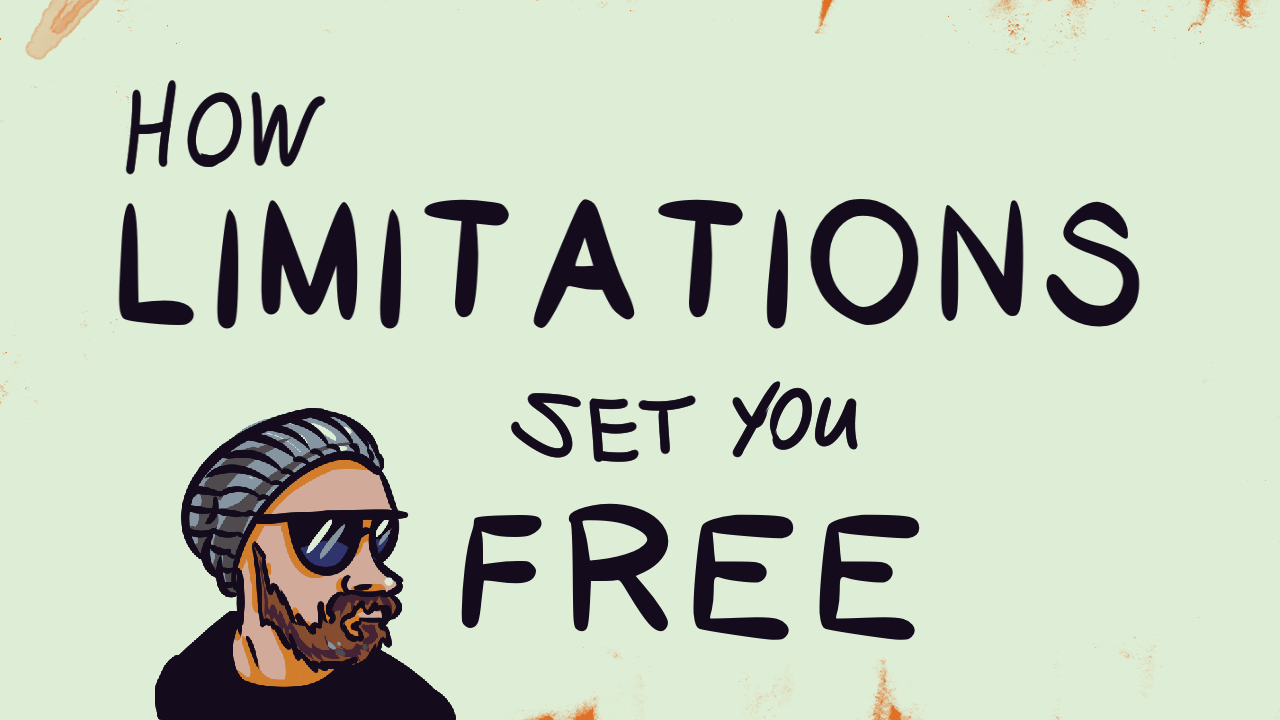
2) Laser-focus on one platform
This one's pretty simple. Sure we'd all like to have our games on all the major platforms, right? But with just 1-3 months of dev time, that's out of the question.
So I'd pick one platform, which for me is obviously Steam (Windows only). That's plenty of work, and ya know what? If I ever want to, I can certainly port the game to other platforms.
One for now. The rest? Maybe never.
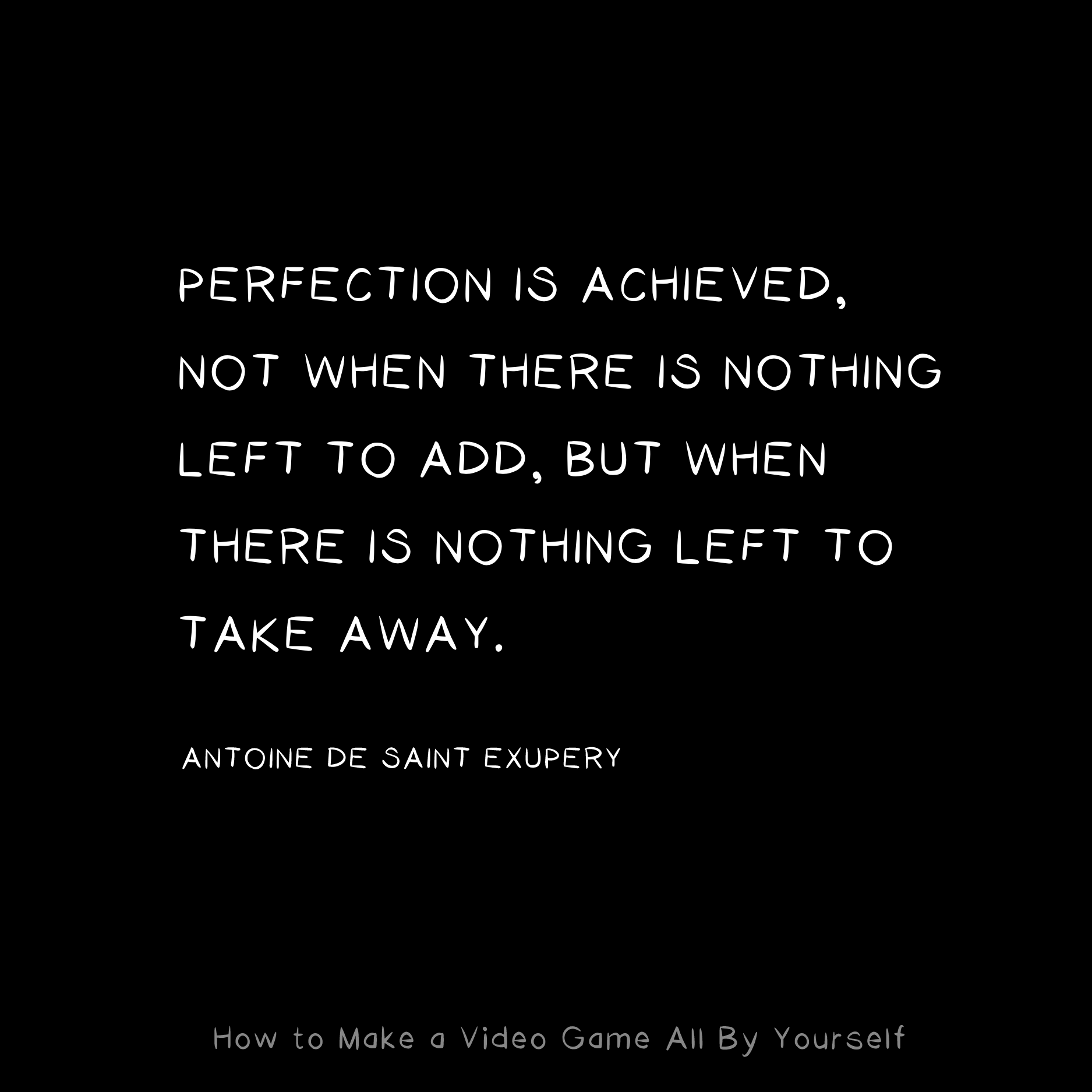
3) Start with a game shell
Once in a while I talk about the concept of a game shell. This refers to a game that you made, and not just finished but shipped, for sale on a platform like Steam.
I talk about this on Make the Game in the episode called The Money Episode.

You take your finished game. The game that's completely done, has all the features you need to ship like settings, configuration, loading/saving – the works. You take this game, scoop out its guts, and put your new game in there.
Suddenly you've jumped way ahead in development. Many of the common problems you've gotta figure out just for your game to exist are done, since you've already done that work with your previously shipped game.
This is a lifesaver. I honestly can't picture shipping a game in just a month or two (or three) without this step.
4) Finish all features within 1 week
In one of his earlier episodes, Ben Anderson on Heart Gamedev Podcast talked about a formula. I can't find the exact episode, but this formula was a way to figure out how long your game will take to finish based on how long it took you to "finish" the prototype.
It's obviously very hand-wavy, but it was something like:
time to finish = time spent on prototype x 6
So if your prototype took 1 week to finish, your game will take about 6 weeks to finish. Spent 1 whole month on your prototype? It'll take you at least 6 months to finish the game.
Did your prototype take 6 months?? You could easily be finishing for 3+ years.
You get it. I mean it's a rough estimate but it also sounds about right, doesn't it?
Anyway my gut tells me that 1 week should be enough to lay down the foundation. All features should exist at this point and there should be nothing left to do but polish and content.
A prototype that requires more development time is exponentially more likely to suffer from scope creep. I can feel it in my bones.
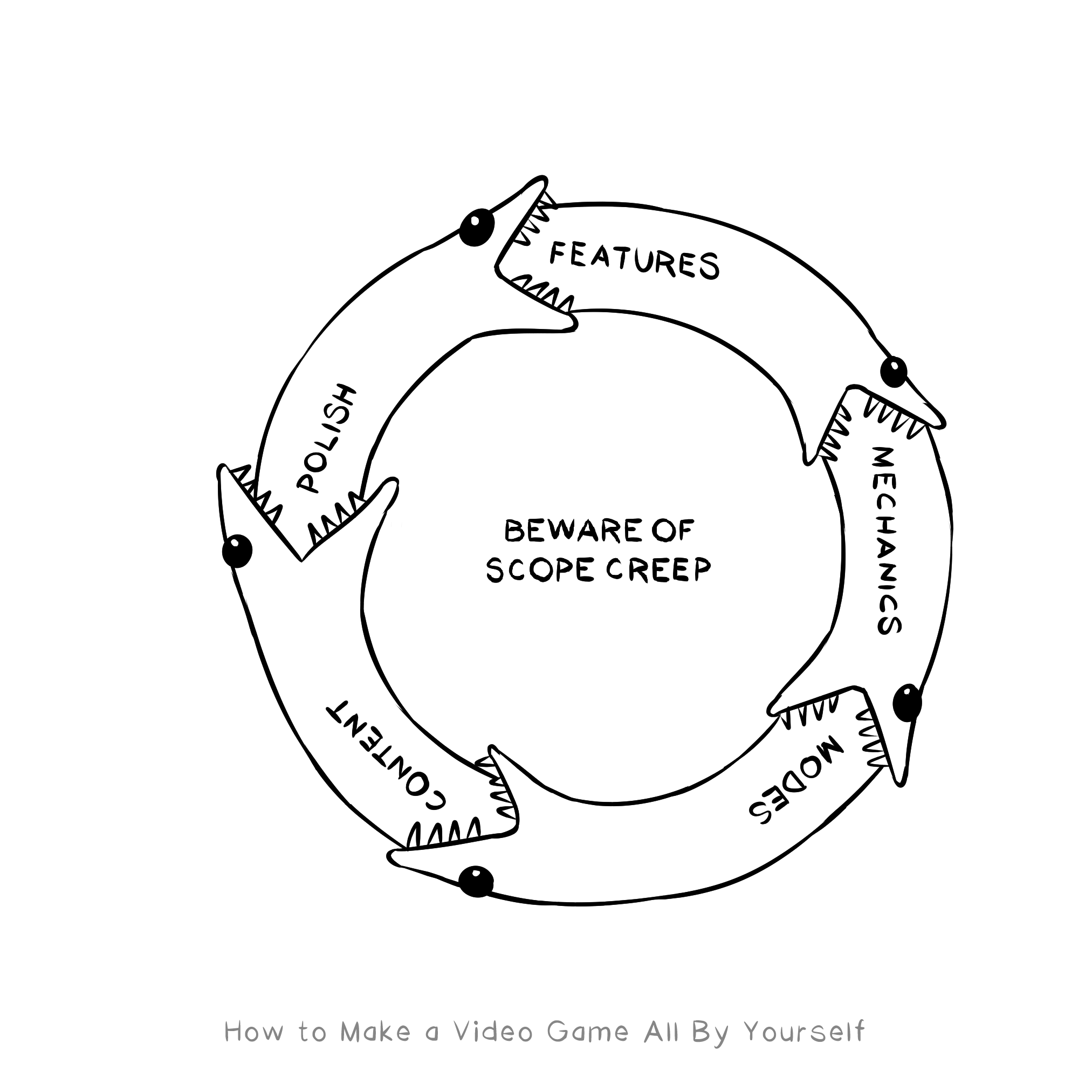
⏳ I'm gonna try this someday
For now, I've got a game to finish. I am focused. I am locked-in. 🐷🫧
Nothing will distract me from finishing Pixel Washer. Not even reading tantalizing statements like this:
"Order 13 was completed in under 3 months, start to finish"
-The GameDiscoverCo newsletter
Whoa! So it is possible, and look at those results: $121K in a few months is not bad, not bad at all. (You could even say: fantastic!)
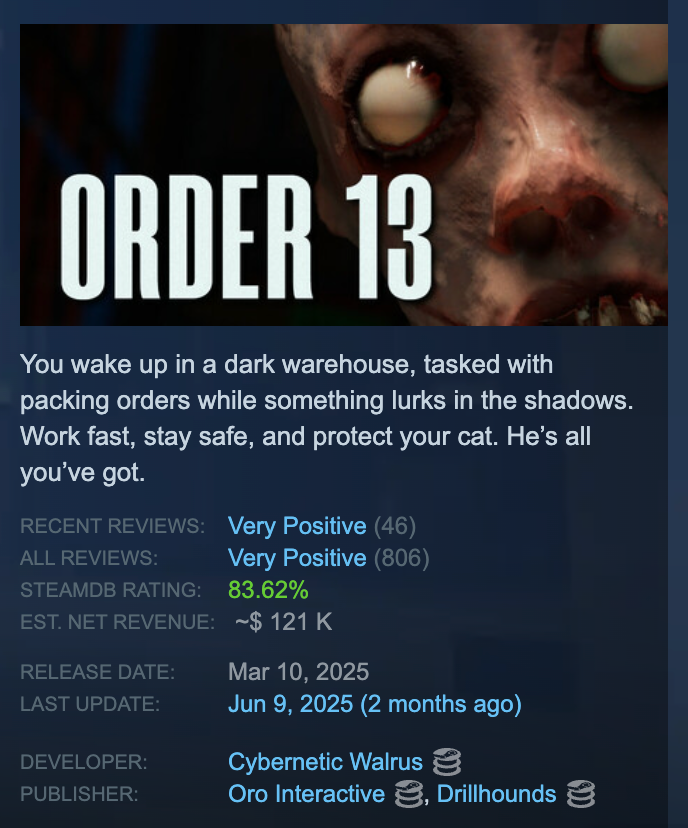
Want to try this approach yourself? Join the community of like-minded developers in The Valadria Discord. Or does it sound like too much work? Then feel free to live vicariously through me, as I work towards this goal; stay tuned!



